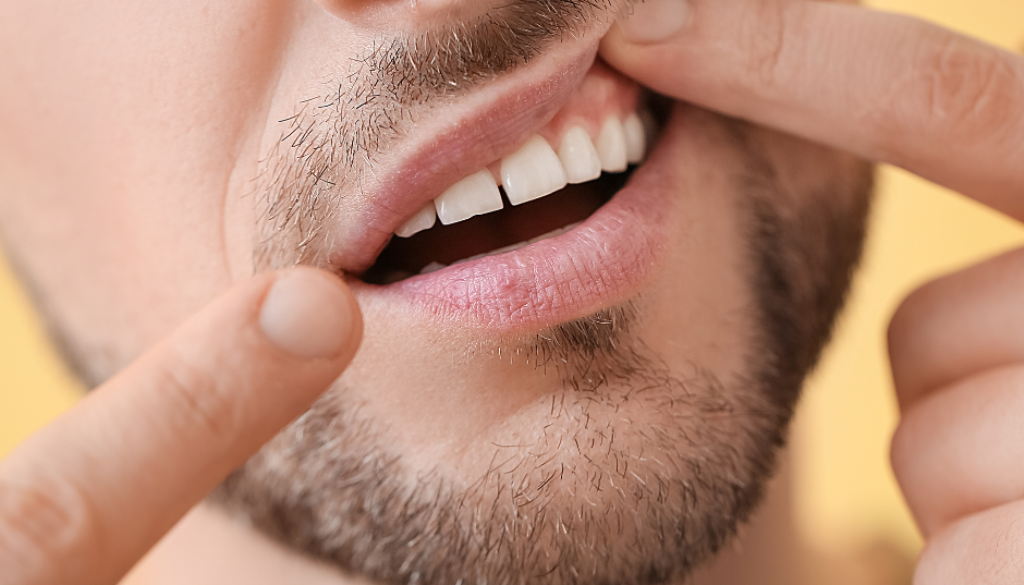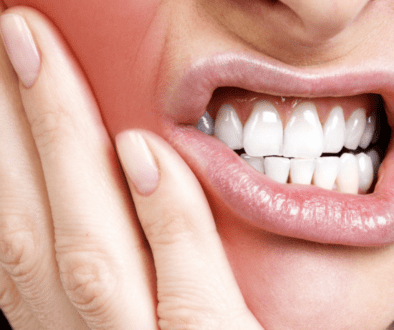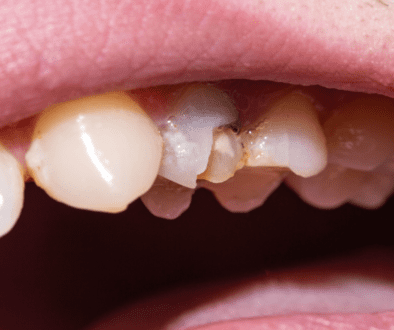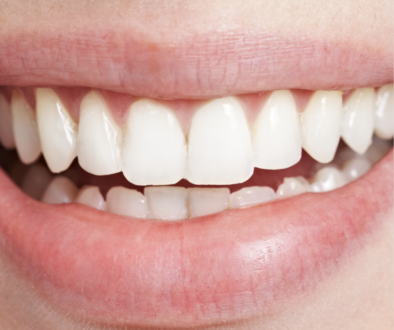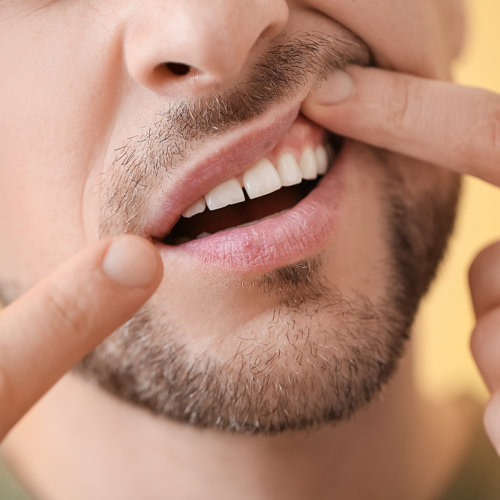
Did you know that around 30% of people in Britain suffer from gum disease? Gum disease usually starts out quite mildly, but it can soon progress into a very serious problem. But what is gum disease exactly, what are the symptoms, and what are the gum disease treatment options?
Keep reading more below to find out.
Gum Disease Treatments
The best gum disease treatment is prevention. As long as you brush your teeth at least twice a day, if not more, and floss once per day, you should never get gum disease in the first place. Gum disease results when your gums become inflamed, usually due to the presence of oral bacteria or tartar.
Tartar, in particular, irritates the gums and can cause gingivitis or make gum disease worse. Tartar is a hard substance that forms at the base of your teeth. It occurs when plaque, a sticky substance produced by oral bacteria, starts to harden.
Once you have gum disease, you can treat mild cases with basic oral health. Advanced gum disease, on the other hand, may need surgery and antibiotics to calm the inflammation and fix any receded gum tissue.
Home Remedies for Gum Disease
When it comes to gum disease home remedies, brushing your teeth is the best option. Using an electric toothbrush is especially helpful. An electric toothbrush has the power to reach most of the surfaces of your teeth.
It also helps stimulate your gums. That way, you won’t have to worry about the development of plaque and tartar. Also, concerning home remedies for gum disease, you should always floss.
Many people don’t bother to floss. However, this is a bad idea for your dental health. If you floss and find that your gums bleed; as a result, that means that your gums are already inflamed. You may even have gingivitis, a basic form of gum disease, without even knowing it.
However, by flossing every day, you have the chance to directly stimulate your gums in a way that your toothbrush can’t quite do. After flossing for about a week, you should notice that your gums will no longer bleed when you floss.
This is a good sign that your gums are no longer inflamed and instead quite healthy.
The Symptoms of Gum Disease
The first stages of gum disease are usually not very noticeable, so you might not even know that you have gum disease until it progresses into a more severe state. You may first notice gum disease symptoms such as red or puffy gums.
Your gums may also bleed when you brush or floss your teeth. As gum disease gets worse, your gums may become painful, and your teeth may start to become loose. In severe cases of gum disease such as periodontitis, you may even lose some or all of your teeth.
What You Need To Know About Gum Disease
Gum disease may start out as a minor problem, but in a short period of time, it can lead to serious consequences. Fortunately, you can prevent gum disease and treat it by brushing and flossing your teeth every day. Visiting your local dentist is also very important.
To learn more, contact us here.

